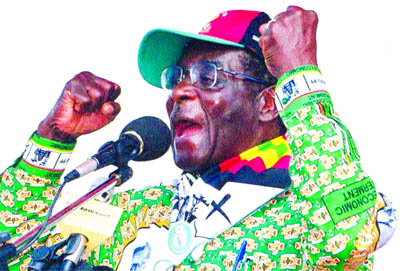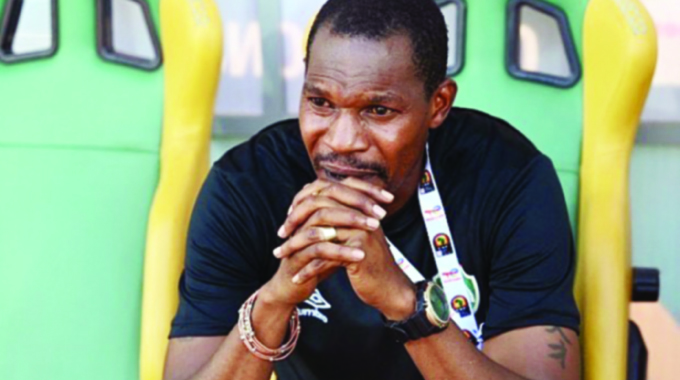New mass bus system for city

Mass transit refers to public transportation systems designed to move large numbers of passengers.
In the majority of cases, the system works on a strict timetable and routes and is not subject to changes without prior notice.
It allows passengers to plan journeys and budget appropriately because fares are not subject to change.
The history of mass transportation is intimately connected to industrialisation, urbanisation and the separation of residential areas from workplaces.
Mayor Muchadeyi Masunda confirmed recently that Ashok Leyland had tendered a proposal with council for approval.
“The Ashok Leyland proposal, which we received from Sanjay Babbar, is still under active consideration through the normal channels,” he said.
He said Mr Hamish Rudland of the Pioneer Group had also shown interest in resuscitating “the tried and tested tripartite model” involving the company as providers of the buses and the city providing the termini and ancillary facilities for the buses.
Under this model, Government will provide a subsidy to Pioneer “in order to keep fares pegged at affordable levels”.
Pioneer has already put 500 buses to service urban routes in the Ugandan capital, Kampala.
Mr Masunda said the United Nations Advisory Council on Local Authorities and UN-Habitat are also interested in assisting through their joint programme to accord functioning transport systems in cities and towns.
Harare urban planning services director Mr Psychology Chiwanga said 250 buses are needed to service western suburbs, 250 for Chitungwiza, while the other 50 will
service low-density suburbs.
The system, if introduced, will reduce congestion in the city as commuter omnibuses will have no business.
The city has previously said it was failing to properly plan its transport system because only 60 percent of commuter omnibuses in the capital were registered and operate on assigned routes.
More so, the city does not have binding agreements with the operators to ensure kombis are on the road and should use scheduled timetables.
Kombi operators can decide to pull out their vehicles from the road or when there is a bigger function elsewhere an operator can dedicate all his kombis to a far away destination leaving city commuters stranded.
Others withdraw their vehicles when there is a funeral or wedding in the family.
The city has an estimated 5000 commuter omnibuses but only 1 835 are registered with council.
Of the registered kombis, only 30 percent renew their operating licences with council.








Comments